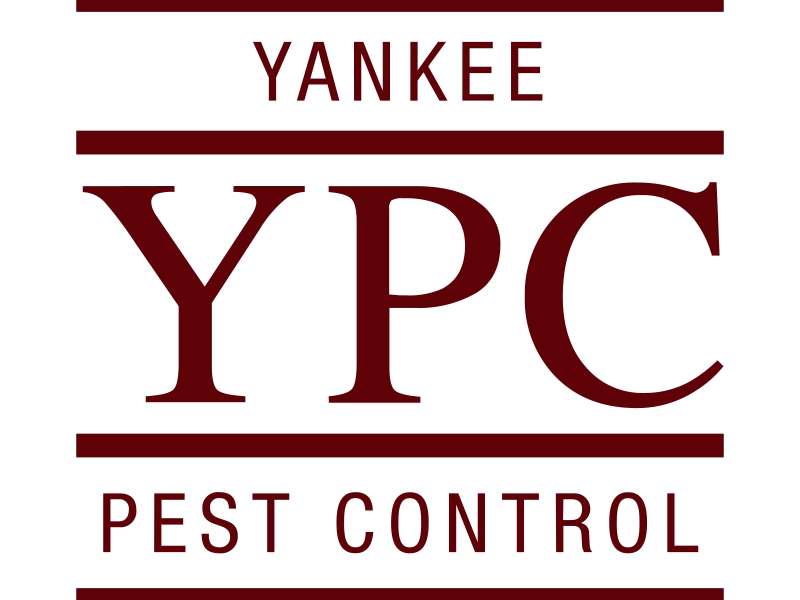How To Choose a Pest Control Company
It's important to choose the best pest control company for you. You may take into consideration a company's qualifications, treatment methods, years of experience, customer reviews, and service prices.
Below, we discuss each factor in more detail.
Does the company have a valid license and permits to perform pest control?
All pesticide applicators (and those that supervise them) are required to be certified at the state level. The United States Environmental Protection Agency (EPA) has established minimum standards of competency, but all pesticide applicators working in the state of Massachusetts should be licensed via the necessary state regulatory agencies.
Is the company a member of any professional organizations?
One certification that pest control companies can earn is the GreenPro Service Certification, which requires that a company show that its practices are more environmentally friendly and that its employee training is up to date. QualityPro and similar trade organizations also offer other certifications. While not required, these can help show that a pest control company is reputable.
There are certain professional organizations that a pest control company can belong to. Companies can be members of the National Pest Management Association (NPMA), or state-level organizations. NPMA membership provides companies with access to education, resources, and a network of other pest control companies. While not required, membership in professional organizations helps demonstrate a company's reputability.
Professional Experience and Specialties
In general, a company provides information like specialities and years of experience on its website. Online reviews can also tell you whether a company has experience dealing with a specific pest. If you're unable to locate the information you need online, you can contact a company representative directly to get your questions answered.
Reviews and Recommendations
Resources you can use to check a company's reputation include social media, local review sites, and the Better Business Bureau (BBB). Additionally, you can confirm the status of a company's license through the Massachusetts licensing board.
Cost of Services and Guarantees
The cost of pest control can vary based on things like the type of pest being treated, your location, the size of your house, and other factors.
When considering the cost of services, you should confirm whether a company includes free on-site estimates as part of its process. This can help determine whether the company fits into your budget. Also take into account a company's guarantees: If the problem is not resolved, or if it returns, does the company provide additional treatment until the problem is satisfactorily resolved?
Safety and Treatment Methods
When picking a pest control provider, you want to select one that will keep you, your family, and your pets safe. You'll likely also prefer a provider that is environmentally-conscious.
Safety
You want to ensure that you understand the precautions for the pesticides used around your home, for the sake of your family, your pets, and yourself. Your pest control provider should supply information about the pesticides they plan on using, whether they are low toxicity or non-toxic, and (if not) what safety measures they have in place. All pesticides (except minimum-risk ones) must be registered with the EPA.
Treatment Methods
Many companies have started offering options for more environmentally friendly methods of pest control before moving to harsh pesticides.
One common method for making pest control safer and greener is Integrated Pest Management (IPM). The steps of IPM are as follows:
- Figure out what pests are causing the problem and determine if immediate action is needed.
- Decide on the safest course of action.
- Manage the pest problem using a combination of mechanical, cultural, biological, and physical controls.
- Use chemical controls only if needed, and always along with other controls for effective long-term pest management.
- Observe the results and implement additional pest control as needed.
















